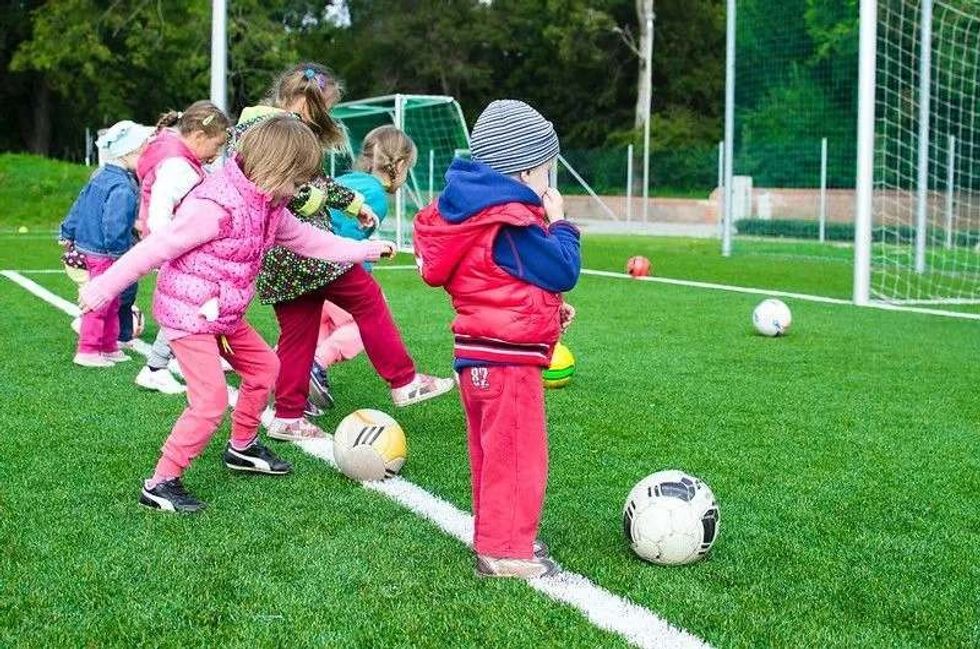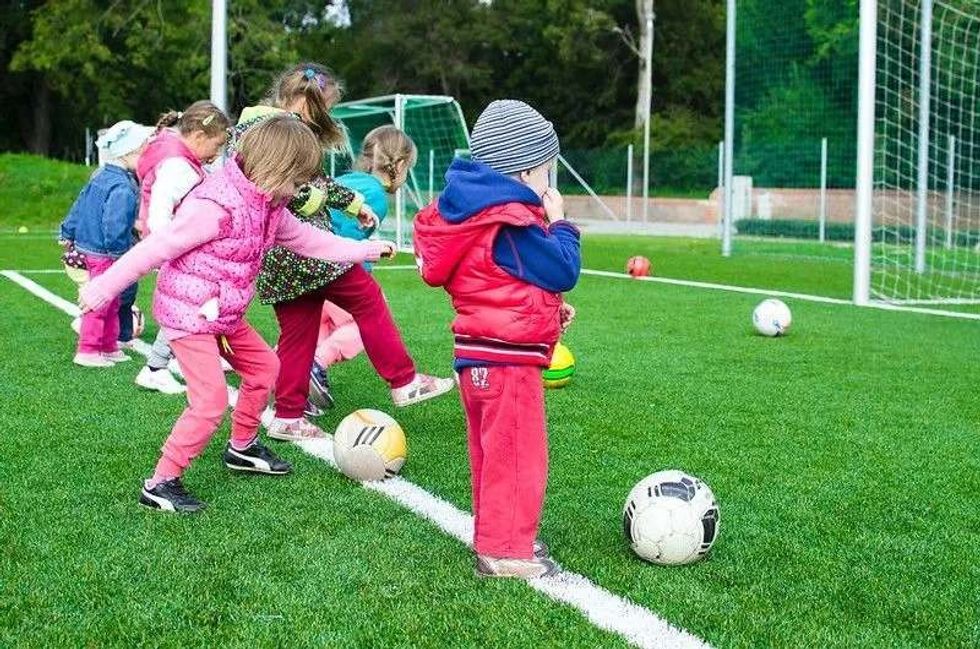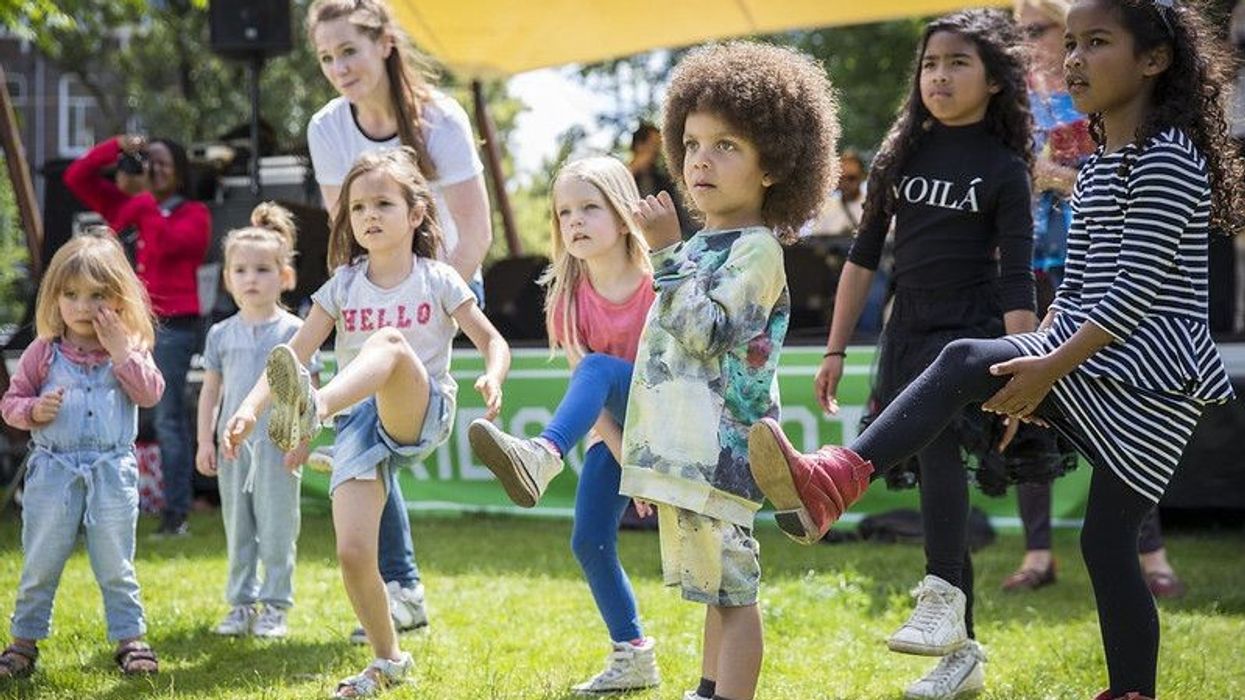School’s back! That was the key message for parents in the Prime Minister’s 22 February roadmap for a gradual easing of lockdown in England.
As widely anticipated, Boris Johnson announced the full reopening of schools in England to all pupils, set for 8 March. He also gave details about when other lockdown measures might be eased or lifted.
Here, we look at how the March changes might affect family life, and how the proposed roadmap looks for the following months. The details apply to the whole of England (tiers are not coming back), though a broadly similar strategy is expected in other parts of the UK. Schools have already partly reopened in Scotland and Wales.
First, A Note On The Dates
The lockdown reversals outlined below are targets, and not fixed in stone. They depend upon hospital numbers and other measures coming down as anticipated by current rates.
As we’ve seen before, plans can be shelved if circumstances change. It’s always possible, for example, that the virus might mutate into something that can evade current vaccines, or spread even faster. Problems with the vaccine programme itself may yet arise.
The 8 March date for schools is almost certain to go ahead, but later dates are subject to change if the numbers aren’t right. Dates and details must also be agreed by Parliamentary vote before becoming law.
Reopening Of Schools
All English schools and colleges will be able to fully reopen on 8 March. Some 10 million pupils will be back in the classroom -- for the first time in months in most cases.
Breakfast and afterschool clubs can also reopen. For many families, the reopening of schools is the single most important change that could have been announced.
It means kids will get classroom education again. It means they’ll see their friends again.
It means that parents will no longer have to juggle impossible demands, trying to fit hours of home-schooling around their work and other commitments. University students can return for practical courses, though others will have to wait for a review by the end of the Easter holidays.
Mass Testing
Reopening schools will inevitably give the disease more opportunities to spread. To that end, the Government has announced that lateral flow testing will be used in an attempt to keep infected pupils at home.
Pupils at secondary schools will be expected to take up to three tests in the run up to schools reopening, and then two per week at home.
The tests are controversial, with concerns around their sensitivity, as well as the logistics of getting so many pupils tested so regularly. As a further measure, all secondary school pupils and staff will now need to wear face masks
Outdoor Sports
The reopening of schools on 8 March will also allow some outdoor sport and activities to resume -- though only for kids, and in a school setting.
The rules will get more permissive come the 29 March (start of the Easter holidays), when outdoor facilities such as basketball and tennis courts will be reopened for anyone to use, and organised grassroots sports (for both children and adults) can also get back in the field.
Outdoor swimming pools are also on the permitted list (but not indoor).
Outdoor Socialising
From 8 March, the rules on mixing outdoors get ever so slightly more relaxed. Up to now, we’ve only been able to see a friend or family member if we’re prepared to exercise with them.
While that included going for a stroll, it did significantly limit the kinds of interaction possible. Even bird watching was a suspect activity!
The new rules allow a bit more leeway.
You’ll now be able to sit on a bench, have a picnic, or merely stand around feeding the ducks with one other person, so long as you’re socially distanced.
It’s not a huge advance for family life, but it will, for example, allow two teenagers to sit around chatting outdoors, or for you to have a one-on-one catch up with a friend or family member.
It’s anticipated that the rules will get more usefully permissive on 29 March. All being well, two households of any number, or six people from more than two households, will then be able to meet outdoors -- and that includes private gardens.
That will change everything, allowing small playdates and family gatherings, and it coincides with the start of the Easter holidays.
Getting Out And About
Since the start of January, we’ve all been forced to stay local. Lockdown rules mean we’re not supposed to stray further than our village, town or city area (a bit of a nebulous concept).
From 29 March, that restriction should be lifted. We will be free to come and go as we please, although we will still be encouraged to remain local wherever possible. Public transport should still not be used unless essential.
Parent And Children Groups
Parent and children groups will also return from the 29th, although they have to be outdoors and in gatherings of no more than 15 people. Indoor groups will be allowed for vulnerable children.
Further Easing
The 8 March and 29 March changes are considered the first step in a four-step plan to reopen society. Further steps are expected thereafter every five weeks -- a period that should give health experts enough time and data to see the effects of the previous step. The Prime Minister sketched out his aspirations as follows:
12 April: Reopening of non-essential retail, gyms and services such as hairdressers. Outdoor hospitality (e.g. sit outside a cafe or in a beer garden) will also begin to reopen, with no curfew and no requirement for a substantial meal.
Zoos, drive-ins and theme parks will also reopen. Libraries will also be open. And good news for those wanting to book a short UK break with the family -- self catering holiday accommodation and camp sites have also been cleared to reopen on this date.
17 May: Indoor venues and meetups become possible. This includes museums, galleries, theatres, sports, softplay and cinemas. Rapid testing may be used to allow for crowds or large groups.
You’ll be able to meet family and friends inside the home in a limited way. This date should also see the reopening of hotels, hostels and B&Bs to family groups, and the possible return of international travel (subject to testing and other restrictions). Indoor exercise in groups will also become possible.
21 June: All limits to social contact to be lifted.
Some restrictions are still too far in the future to predict with any certainty. International travel is likely to be problematic for many months to come, while the wearing of face masks and social distancing will be with us for a long time yet.








